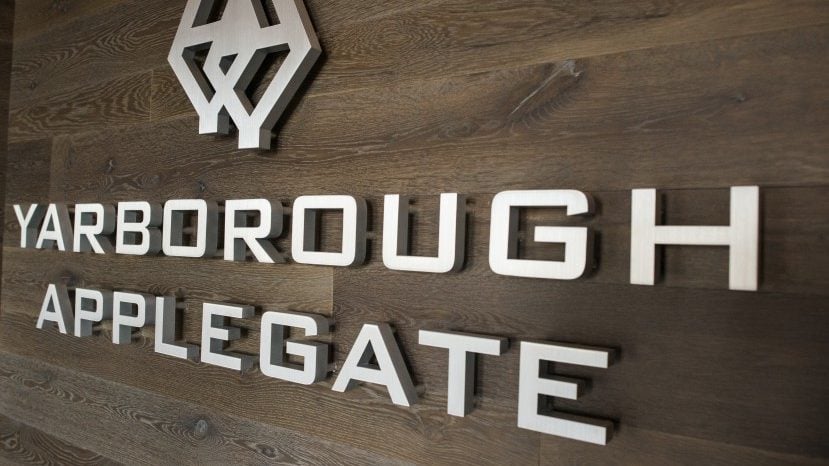In South Carolina, insurance coverage is a necessary part of life—from home to auto, life to long-term care. We take out policies and work hard to pay our monthly premiums, trusting that should we need to file a claim, our insurer will be there for us. Unfortunately, that isn’t always the case.
Sometimes, an insurance company fails to uphold its end of a contractual agreement with its policyholder, taking an unreasonable position or making an unreasonable decision. When this happens, that insurer is considered to be acting in bad faith.
To make matters worse, instances of bad faith almost always occur during a time of crisis: after a car wreck, a natural disaster, a catastrophic personal injury. This leaves a victim in the lurch at the very time they need an ally the most.
It’s something we’ve seen all too often at Yarborough Applegate, and why we are committed to helping victims who have been wrongfully denied benefits by insurance companies following a traumatic, life-altering incident. Be it for a denial of benefits due under an auto insurance policy for a pedestrian who was struck by a car in a crosswalk or a driver rear-ended by an underinsured motorist, or for failing to honor claims made under a life insurance, disability or long term care policy of insurance, for more than two decades we have stood up to large insurance companies and aggressively pursued cases to secure the fair—and timely—compensation our clients are owed.
EXAMPLES OF INSURANCE COMPANY BAD FAITH PRACTICES
Bad faith can either be intentional or the result of professional negligence, and there is often a fine line between fierce negotiations and bad faith. Most often it is the result of an insurance company placing its own financial interests above those of its client. While this is allowed in some states, it is not in South Carolina. Here, an insurance company is required to sacrifice its own interests in favor of its insureds. In South Carolina, an insurance company owes every policyholder a duty of good faith and fair dealing.
A personal injury lawyer can help you understand whether your insurance company has acted unreasonably and crossed the line. Here are a few common examples of bad faith tactics used by insurance companies when evaluating and adjusting claims:
- Undervaluing claims
- Exposing its insured from extracontractual liability by failing to reasonably settle claims within policy limits
- Failing timely defend lawsuits that result in default judgments
- Not communicating with the insured
- Causing unnecessary delays
- Unreasonable settlement offers
- Denying a claim outright without a reasonable explanation
CONTACT AN INSURANCE BAD FAITH ATTORNEY
Insurance companies count on their customers being uninformed and unaware of their rights. If you have concerns that your insurer has wrongly denied a claim, has caused a default or is acting in bad faith, it’s important you contact a South Carolina insurance bad faith attorney who is well-versed in our state’s laws and will be there for you when you need it most.
At Yarborough Applegate, we know the intricacies of this nuanced field of law. Our trusted insurance bad faith attorneys are here to discuss your situation for free. If you have a case, we will help level the playing field and fight for the compensation you are owed. Contact us today.







